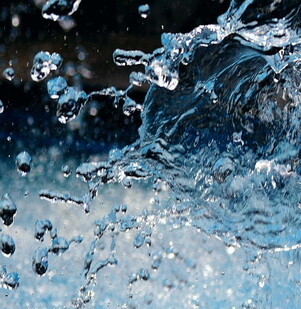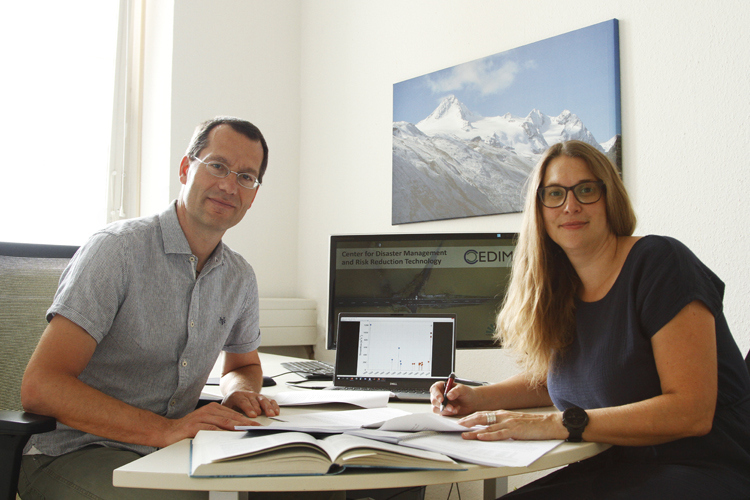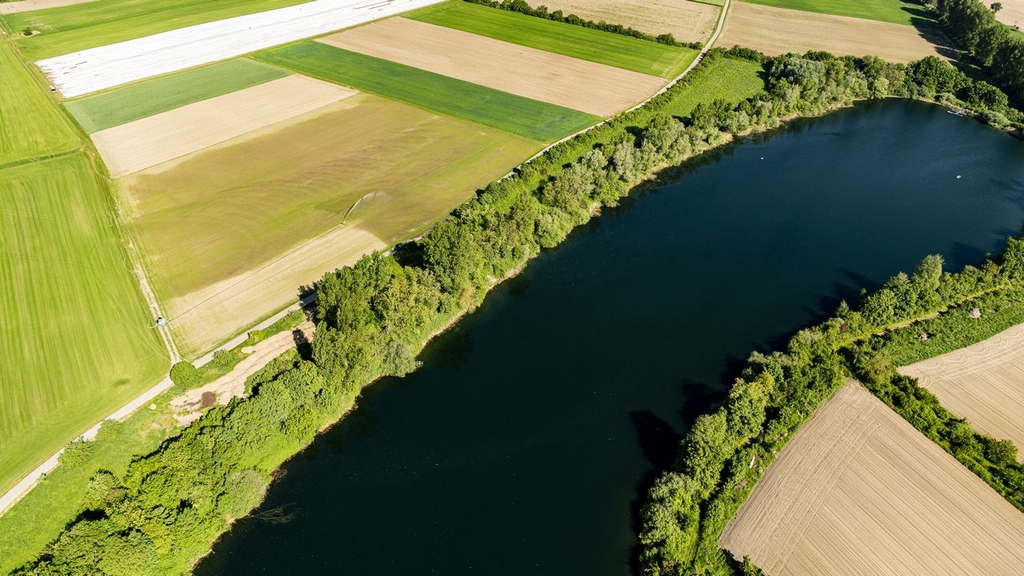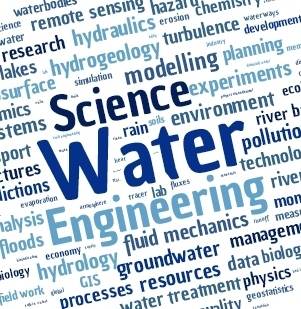
Water shapes the planet
Water is essential for all life we know. Water shapes our planet – through erosion and by forming fluvial networks across scales, by controlling biogeochemical processes and by creating and influencing habitats for plants and animals.
The interplay between atmospheric circulation, water and energy cycles determines both climate and weather, and water vapor is the most important greenhouse gas. Furthermore, water is extremely important for food production – water scarcity consequently also induces food crises.
In contrast, water is also a risk factor. Heavy rainfall and floods not only threaten human livelihoods and communities, they also cause enormous input of sediments and pollutants into streams.
Because water has essential and diverse functions in the water cycle, hydrology is an important part of earth system sciences. At the same time, hydrology is a classic discipline for engineers and aims at solving the problems associated with water use and management. This complexity not only determines our research topics and teaching contributions, but is also reflected in the diversity of our team.
We thus continue the tradition of the former Institute of Hydrology and Water Management at the University of Karlsruhe. Directed by em. Prof. Dr.-Ing. Dr.-Ing. E.h. Erich Plate, it set national and international standards in both hydrological research and water management practice for more than 25 years.

On Machine Learning “Interpretable” Representations of Dynamical Geoscientific Systems
to Talk
Talk by Prof. Zehe in the series "Brain Bites", presented by the KIT Climate and Environment Center and TRIANGEL Transfer | Kultur | Raum
to Talk
At the annual KIT Championship (10-km run), our team 'Wasserläufer' achieved the 28th place in the team competition, out of 79 teams.
to Results
to Podcast

Professor Erwin Zehe, from the Institute of Water and River Basin Management (KIT), explains in a discussion with 'planet wissen' how increasing drought periods change the water cycle and thus, how especially water amounts become the focus of the hydrological research (report in german).
to Report
CEDIM in conversation with the journal "Hydrologie & Wasserbewirtschaftung (HyWa)" about the collaboration between meteorologists and hydrologists and about the Eifel flood in July 2021 (in German).
to Podcast
How do droughts affect the environment? What are the effects of heavy rainfall? How do the water levels in rivers change? Data on groundwater levels, runoff volumes or precipitation – hydrological datasets – can help answer these and other questions relating to the water cycle and the effects of climate change.
to Press Release
